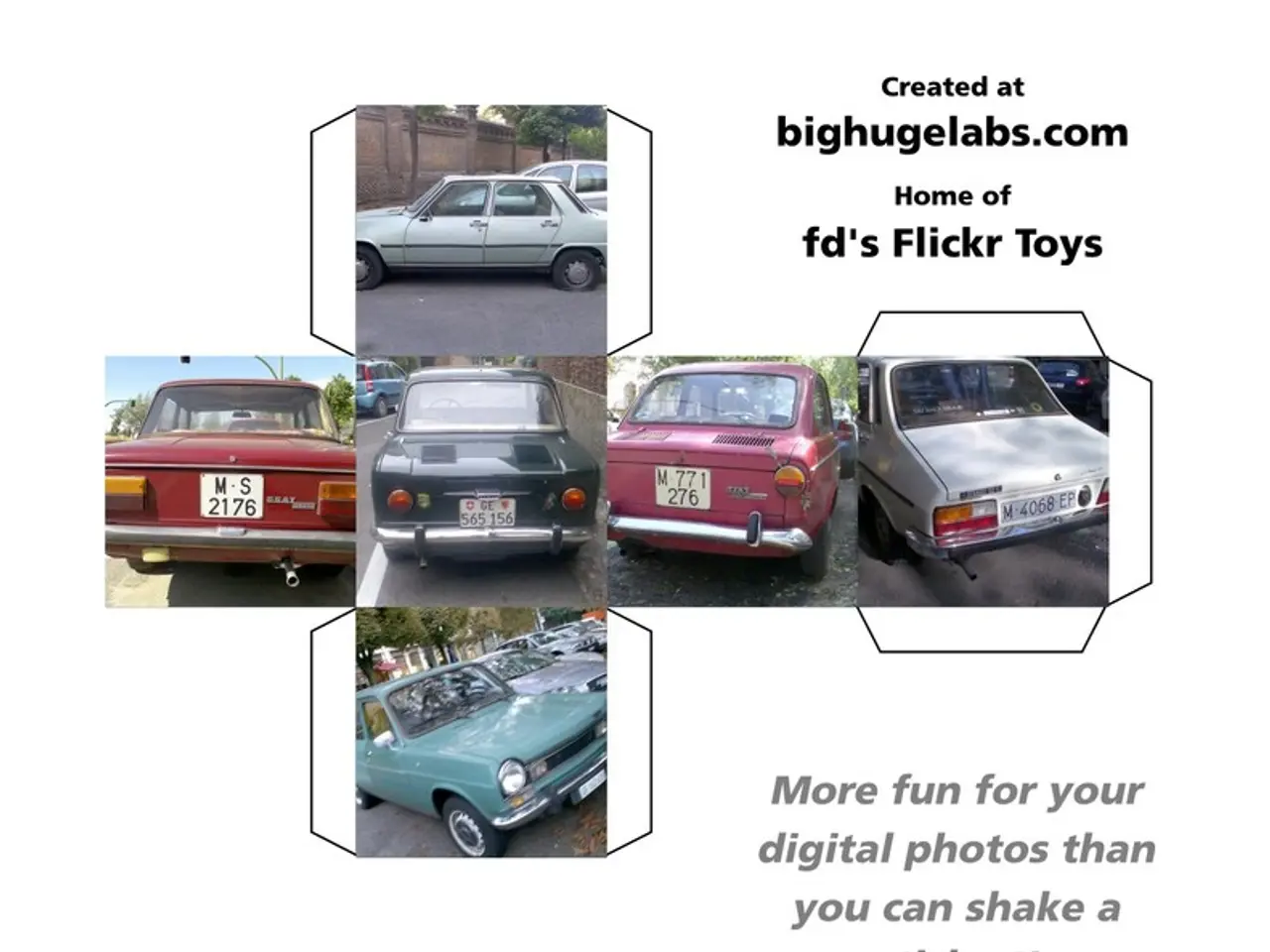Comparison of New Diesel and Electric Vauxhall Vivaro Models: Detailing Specifications and Features
The latest Vauxhall Vivaro is available in two versions - diesel and electric, each offering unique advantages for commercial use, depending on your business needs and driving patterns.
**Diesel Vauxhall Vivaro**
The diesel Vivaro boasts better torque and long-distance fuel economy, making it ideal for highway driving and heavy loads. Its quick refueling capabilities support long workdays and continuous use without downtime. As a more established and conventional medium van, the diesel Vivaro is trusted for its payload and durability in diverse conditions.
However, diesel engines perform poorly on short journeys, causing issues with the diesel particulate filter (DPF) that requires longer runs to regenerate. This can be problematic for urban multi-drop deliveries. Additionally, there's a risk of damage from poor quality diesel fuel affecting high-pressure injection systems, requiring you to avoid low-grade fuels. Furthermore, diesel vehicles produce emissions that can restrict access to zero-emission zones in cities.
**Electric Vauxhall Vivaro**
The electric Vivaro, on the other hand, offers zero emissions, making it ideal for urban fleets and access to zero-emission zones where diesel vans might be restricted. It boasts a claimed driving range of over 200 miles (WLTP range up to 219 miles with a 75kWh battery), which suits urban and regional use well.
The electric Vivaro provides significantly lower running costs due to cheaper electricity and reduced servicing needs compared to diesel. It offers a quiet, smooth, vibration-free driving experience with automatic transmission, which is helpful in busy city environments. The responsive acceleration and refinement enhance driver comfort and reduce noise pollution.
However, range anxiety and charging times remain a concern, as recharging is longer than refueling diesel. Typically, the electric Vivaro offers a lower payload capacity compared to diesel versions, which may limit heavy load carrying. Higher upfront vehicle purchase price and limited charging infrastructure availability may affect operational flexibility if working outside well-equipped urban areas.
**Comparison**
| Feature | Diesel Vivaro | Electric Vivaro | |------------------------|---------------------------------------------|-----------------------------------------------| | Fuel/energy source | Diesel | Battery electric | | Range | Long, depends on fuel tank size | Up to ~219 miles (WLTP) | | Refueling/Recharging | Quick refuel (minutes) | Longer charging times (tens of minutes to hours) | | Operating costs | Higher fuel and maintenance costs | Lower electricity and servicing costs | | Environmental impact | Produces emissions, restricted in some zones| Zero tailpipe emissions, allowed in emission zones | | Suitable use cases | Long-distance, heavy load, rural routes | Urban, regional deliveries, fleet operations | | Payload capacity | Typically higher | Generally lower | | Vehicle price | Usually lower upfront cost | Higher upfront cost | | Driving experience | More noise and vibration | Quiet, smooth, automatic transmission |
**Conclusion**
The diesel Vivaro excels for long-distance, heavy-duty commercial usage with quick refueling and robust torque, but it struggles with short urban trips and emission restrictions. The electric Vivaro shines in urban and regional fleet operations with zero emissions, lower running costs, and a refined driving experience, though with higher upfront costs, range limitations, and charging considerations. Your choice depends largely on your operational profile—diesel for longer, heavier routes; electric for city-centric, emissions-sensitive environments.
Additional features available on the Vauxhall Vivaro include Autonomous Emergency Braking and Adaptive Cruise Control. The electric Vivaro is ideal for urban and fleet use, offering benefits such as zero-emission zones compliance, lower running costs, and government incentives.
The electric Vauxhall Vivaro's zero emissions make it an excellent choice for urban fleets and those requiring access to zero-emission zones, while gadgets like Autonomous Emergency Braking and Adaptive Cruise Control enhance its safety features. On the other hand, the diesel Vivaro, despite lower upfront costs and higher payload capacity, emits pollutants and might face restrictions in some cities, making technology-driven electric-vehicles more suitable for cleaner, emissions-sensitive lifestyles.




